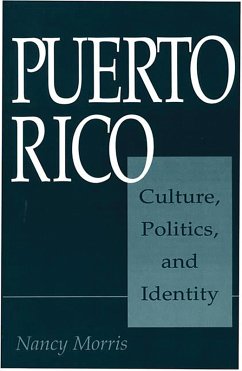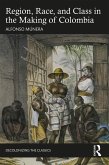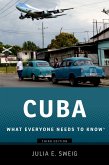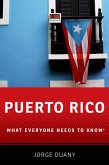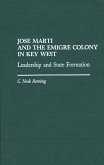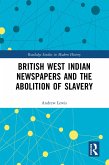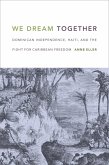This book uses historical and interview data to trace the development of Puerto Rican identity in the 20th century. It analyzes how and why Puerto Ricans have maintained a clear sense of distinctiveness in the face of direct and indirect pressures on their identity. After gaining sovereignty over Puerto Rico from Spain in 1898, the United States undertook a sustained campaign to Americanize the island. Despite 50 years of active Americanization and another 40 years of continued United States sovereignty over the island, Puerto Ricans retain a sense of themselves as distinctly and proudly Puerto Rican. This study examines the symbols of Puerto Rican identity, and their use in the complex politics of the island. It shows that identity is dynamic, it is experienced differently by individuals across Puerto Rican society, and that the key symbols of Puerto Rican identity have not remained static over time. Through the study of Puerto Rico, the book investigates and challenges the widely-heard argument that the inevitable result of the export of U.S. mass media and consumer culture throughout the world is the weakening of cultural identities in receiving societies. The book develops the idea that external pressure on collective identity may strengthen that identity rather than, as is often assumed, diminish it.
Bitte wählen Sie Ihr Anliegen aus.
Rechnungen
Retourenschein anfordern
Bestellstatus
Storno

